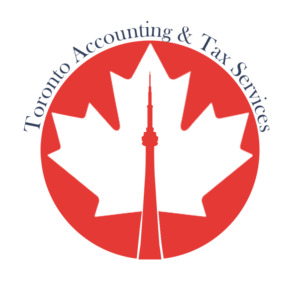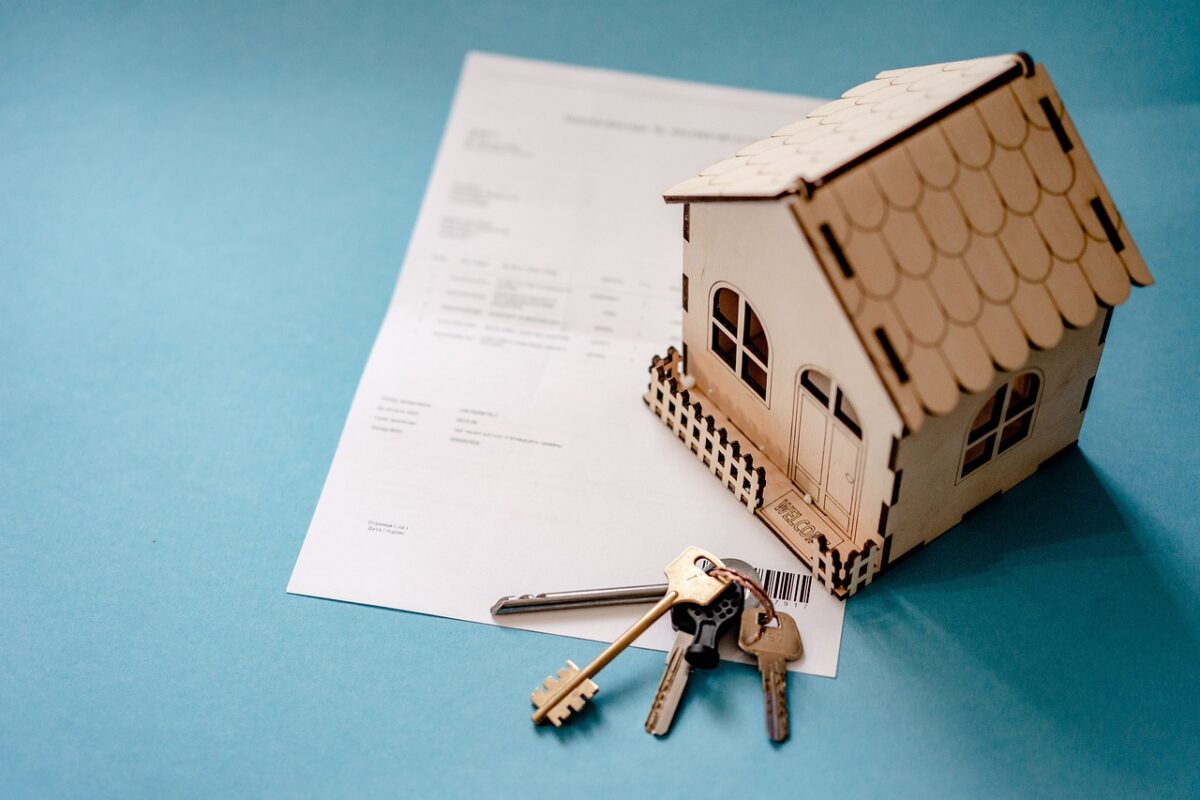Posted April 5, 2024 11:26 am.
Last Updated April 5, 2024 3:10 pm.
Mayor Olivia Chow will be introducing a series of actions aimed at improving the Vacant Home Tax process at an upcoming city council meeting, as Toronto City Hall was once again filled with residents who received bills despite their property being occupied.
As of Friday, the city said over 62,000 complaints had been filed in a portal that had been opened on their website Tuesday after several residents took to social media, saying they received a bill.
The city says they have already reversed all of the charges as of this morning. They will also be adding a number of measures to help the process this year and improving it for next year.
Among those measures are doubling the number of staff available and extend in-person support at City Hall and Civic Centres until at least April 12. They will also be expediting mailing to impacted property owners to inform them they do not have to pay if their property was occupied for more than six months in 2023 and how to appeal the charge.
The Vacant Home Tax website will also be updated across multiple languages and Revenue Services and 311 will be coordinating to better support residents.
“We’ll do our best to make sure that this becomes a smooth implementation, because we know that every Torontonian wants to see an end to the housing crisis. And this is very much a part of making sure that that happens,” said Budget Chief and Councillor Shelley Carroll in a press conference Friday.
The Vacant Home Tax, which kicked off in 2022, requires homeowners to confirm whether they or someone else is living on their property.
Homeowners had until March 15 to make their declaration, and if the home is vacant, they face an additional one per cent tax based on the assessed value of their property.
Many residents said they were not aware they had to declare the status of their home every year or say they didn’t receive a notice. The documentation to fill out your home’s status came with this year’s property tax bill.
“What we know this time is that we put out the notice that people need to declare, I don’t know that we put the same energy into communications, corporately, as as in the past,” explained Carroll.
Those who disputed the tax bill were expected to face a fine of $21 for not declaring by the deadline, however a City of Toronto spokesperson urged residents not to pay it.
The actions in the city council motion will include a recommendation to waive the fees for late declarations.
“We think this is an extraordinary year in that a number of bills went out to homes that we’re now hearing are occupied,” said Carroll.
Carroll also acknowledged they’ve heard from many residents who declared their status and still received a bill.
“There is an error in the system that I think is going to take a lot of investigation … we are aware that that is a phenomenon that is part of this and it is being investigated now,” she added.
She added city staff had noticed a lower response to declarations this year, close to 150,000, which was up from 40,000 last year. This is why council has extended the deadline from Feb. 29 to March 15.
Councillor Josh Matlow (Toronto-St. Paul’s) earlier in the day, called the process “a mess that needs to be cleaned up.”
“This city has the responsibility to clean up this mess, not be punitive to people who have there made a mistake or didn’t even know that they did make a mistake,” said Matlow.
He added that he understands the need for a Vacant Home Tax, but it has to be done fairly and properly. “There are too many people who either weren’t aware of the notice or didn’t see that notice.”

